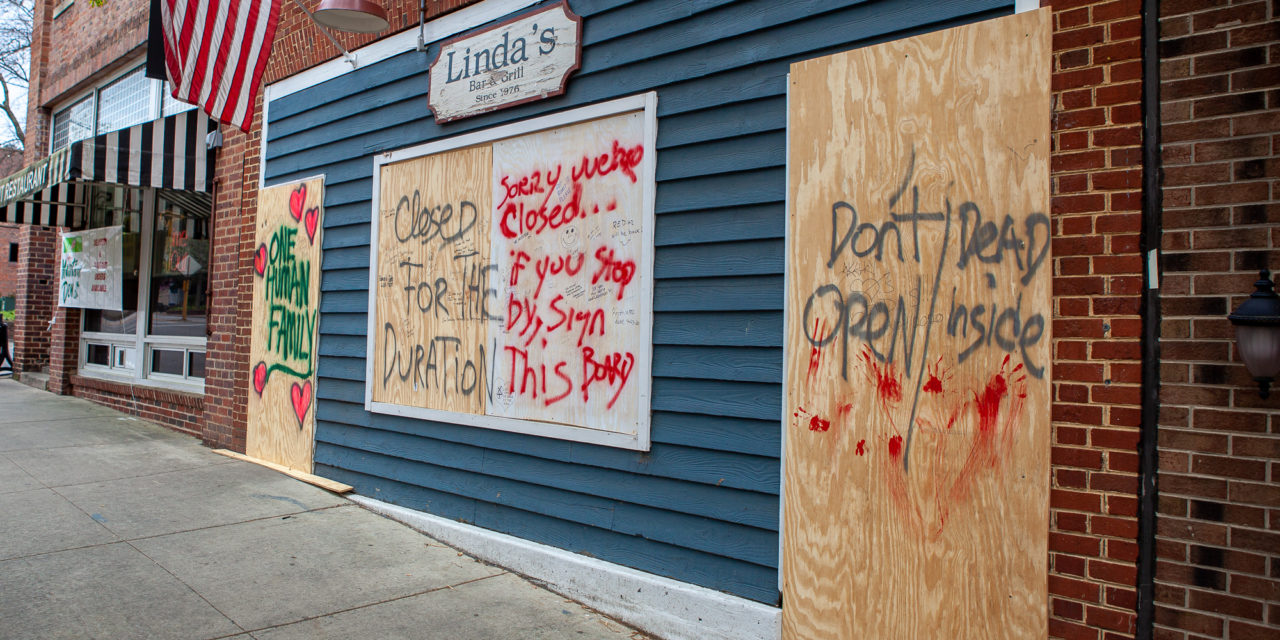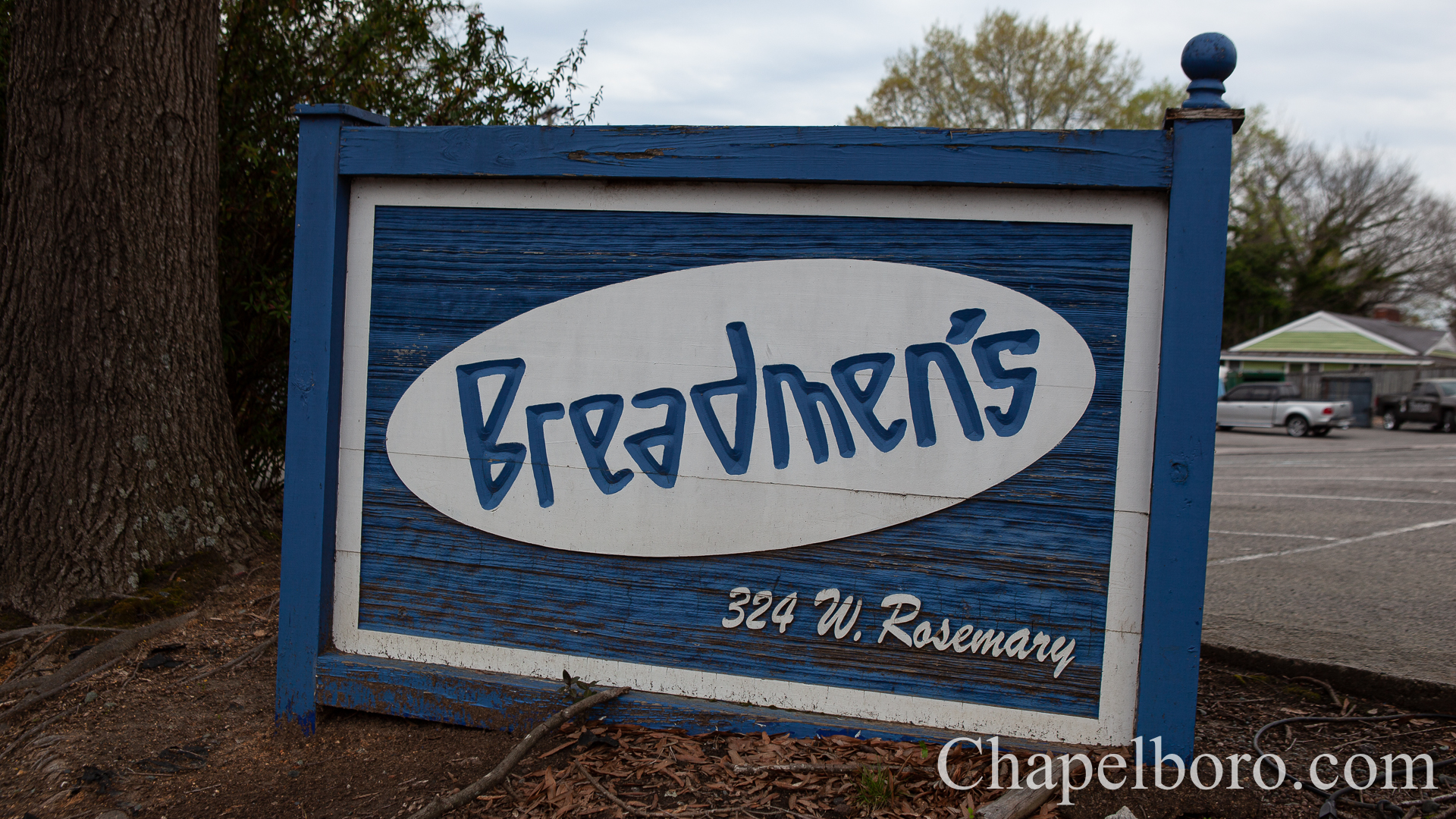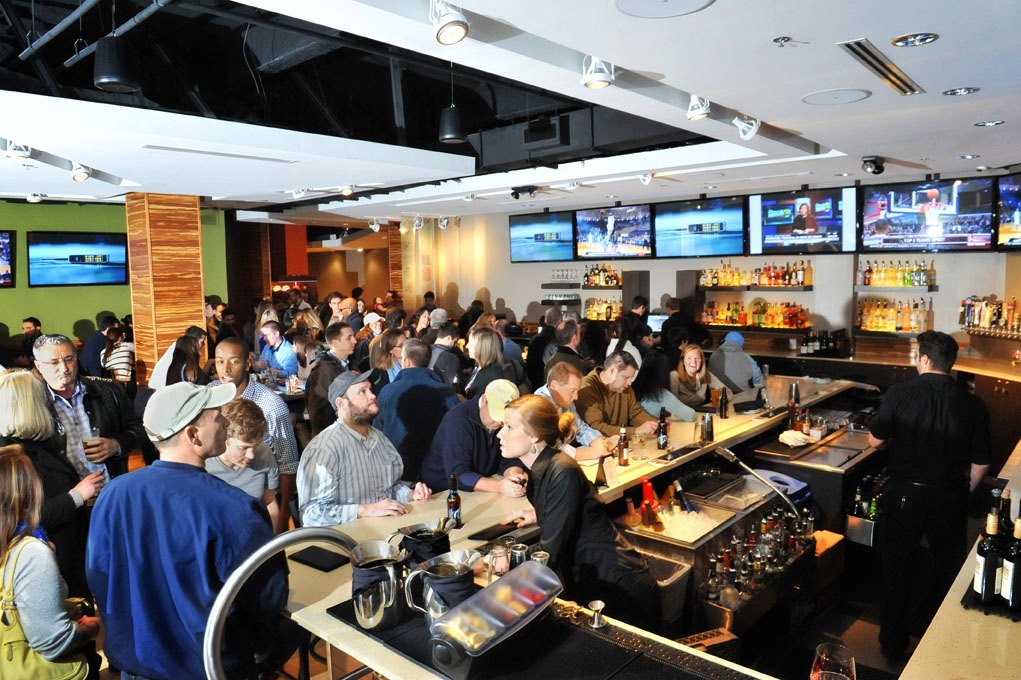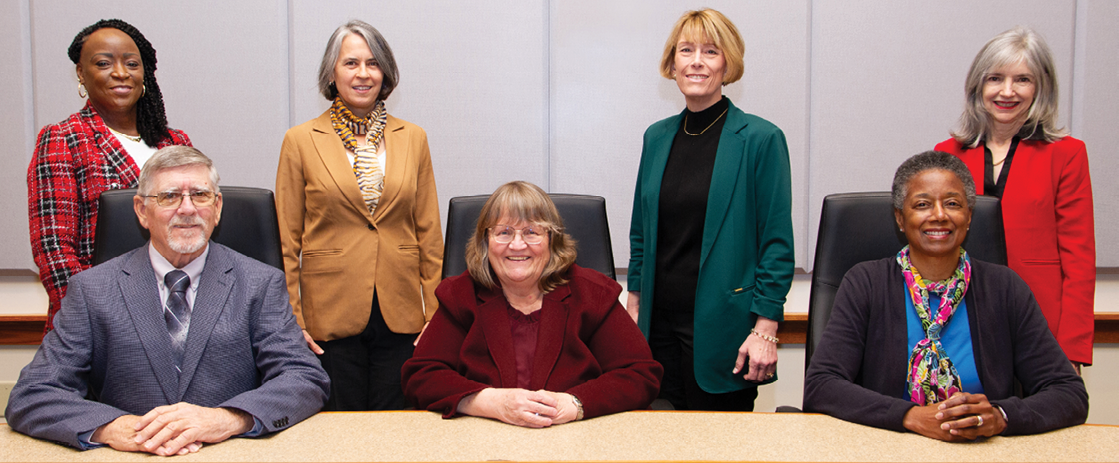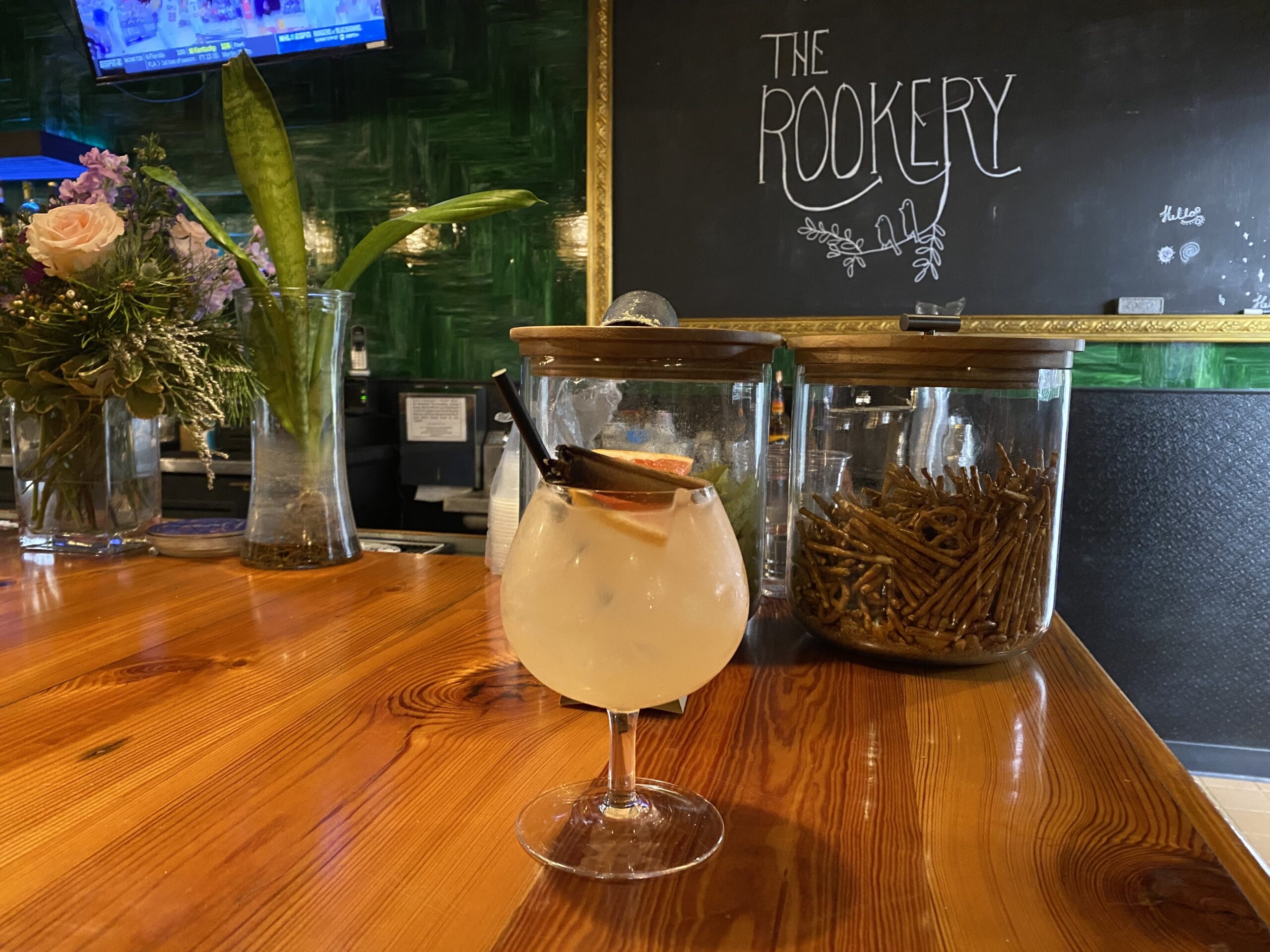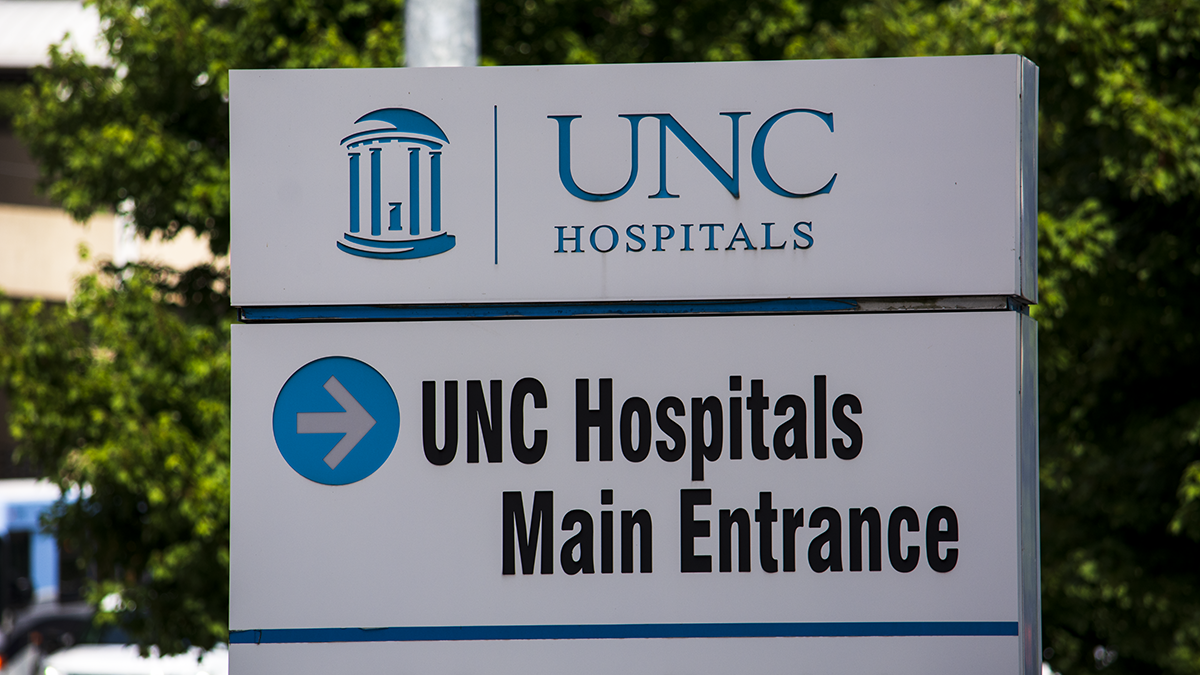To reflect on the year, Chapelboro.com is re-publishing some of the top stories that impacted and defined our community’s experience in 2020. These stories and topics affected Chapel Hill, Carrboro and the rest of our region.
As the COVID-19 pandemic spread across North Carolina, restaurants and businesses were barred from serving in-person customers. Although restrictions have been lifted somewhat, dozens of restaurants and other businesses across North Carolina have permanently closed as a result of the pandemic.
March 17 was a day that changed business forever in North Carolina when Governor Roy Cooper announced that bars and restaurants were to close for dine-in customers indefinitely due to the COVID-19 pandemic.
“We did not come to the decision easily,” Cooper said at the time, “but North Carolina must keep fighting this pandemic with the right weapons.”
This forced restaurants and other businesses to shift their approach to stay afloat during the pandemic. Restaurants offered takeout and curbside pick-up, but still had to take extreme measures. Carolina Brewery owner Robert Poitras said he laid off over 100 employees — keeping only people deemed as essential, key managers.
“We’re seeing some regulars come back,” Poitras said in April. “They know we’re open. But it has not been easy. It’s been very difficult on our staff.”
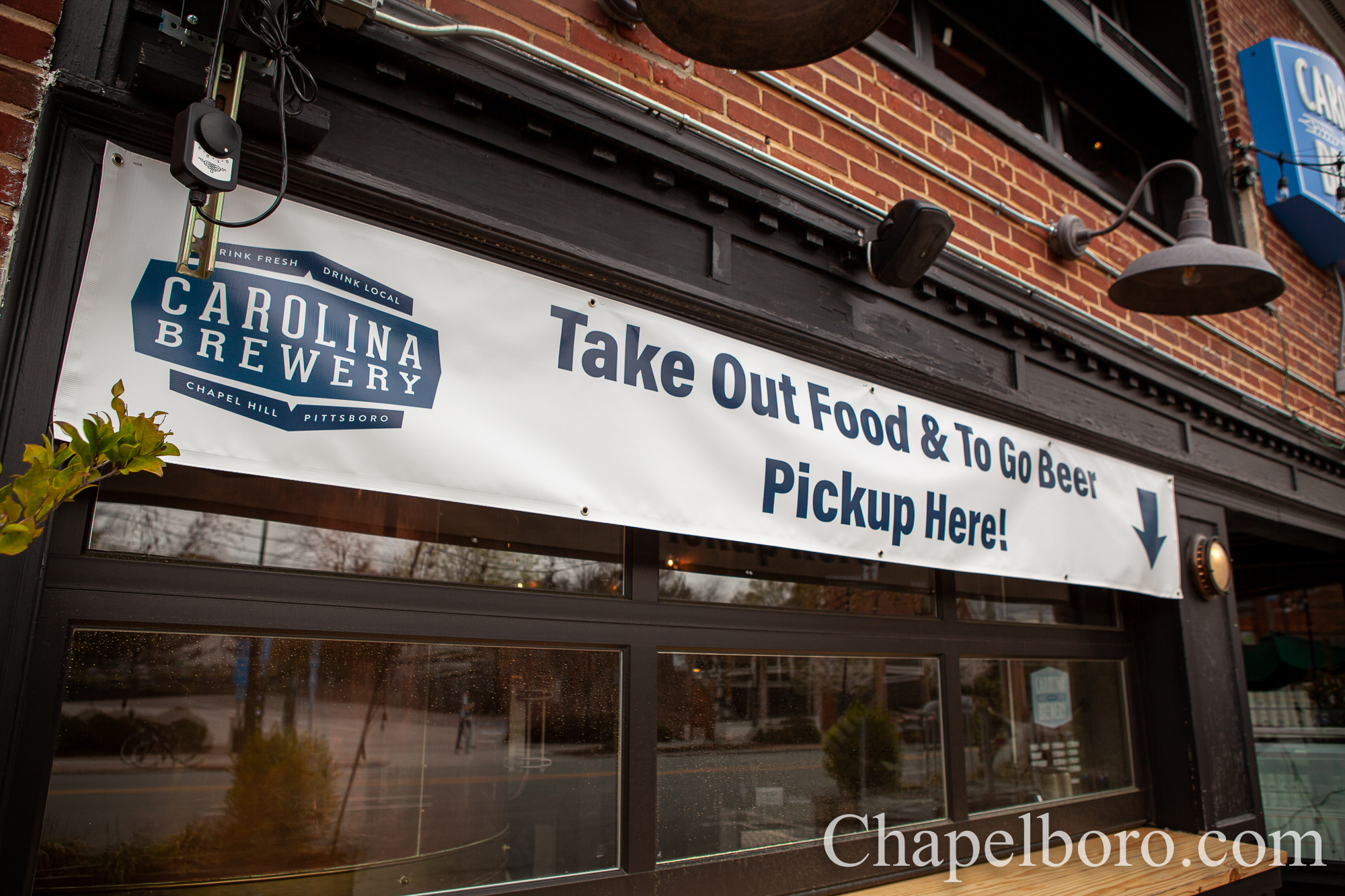
A banner outside Carolina Brewery on Franklin Street reminds residents that they are open for takeout food and beer. (Dakota Moyer/Chapelboro.com)
Local elected officials also worked to support small businesses during the pandemic. Orange County provided stimulus grants and emergency funds to help aid locally-owned businesses. Thousands of dollars were distributed to businesses and restaurants which suffered major sales loses due to the shut-down.
Chapel Hill closed a portion of Franklin Street to make more room for pedestrians to socially distance themselves. The move also allowed businesses located along the street to set up more seating outside for customers.
As North Carolina moved into Phase 2 of reopening, limited dine-in services were allowed at restaurants in Orange County again. While some restaurants took advantage of the opportunity and reopened right away, others took a more cautious approach and kept services limited to takeout and curbside pick-up.
Orange County also veered from the state’s reopening recommendations at times. In July, the county updated its state of emergency order to mandate restaurants stop serving dine-in customers past 10 p.m. each night. The order cited several restaurants in the county remaining open to early morning hours and serving primarily alcohol instead of food as impetus for the measure.
Orange County Commissioner Penny Rich said at the time that some restaurants had been using the opportunity to serve dine-in customers to stay open late and transition into operating as bars — which were still closed in North Carolina under Cooper’s executive orders.
“Bars can’t be open,” she said, “they’re not allowed under the governor’s order. And that’s not what we’re finding in Chapel Hill.”
Although restaurants were allowed to reopen to in-person customers under Phase 2, some found business slow as people preferred to remain inside due to the pandemic.
“There’s no telling when businesses are going to reopen fully, or when people are going to feel comfortable going out,” Greg Lewis, the owner of Pittsboro Roadhouse, told the Chatham News + Record in July. “So the government is going to have to do more in my estimation. The government is going to have to come up with more ways to help small businesses survive the next six months.”
Many restaurants were forced to permanently shut their doors in 2020 due to the pandemic. In Chapel Hill alone, restaurants like Tobacco Road Sports Cafe, Blue Spoon Microcreamery, Ye Olde Waffle Shoppe, City Kitchen and others closed their doors for the final times.
Elmo’s Diner in Carrboro was a restaurant that chose to remain closed throughout the pandemic, even as restrictions were lifted and dine-in customers were allowed again. Ultimately, Elmo’s closed permanently in September — citing the toll caused by the pandemic.
“We are grateful to our customers, our employees, and the town of Carrboro for sharing this journey throughout the years,” ownership wrote in its closing message. “We have met some wonderful people along the way and feel honored that you let us be a part of your lives. We wish everyone safety, good health, and a more promising future.”
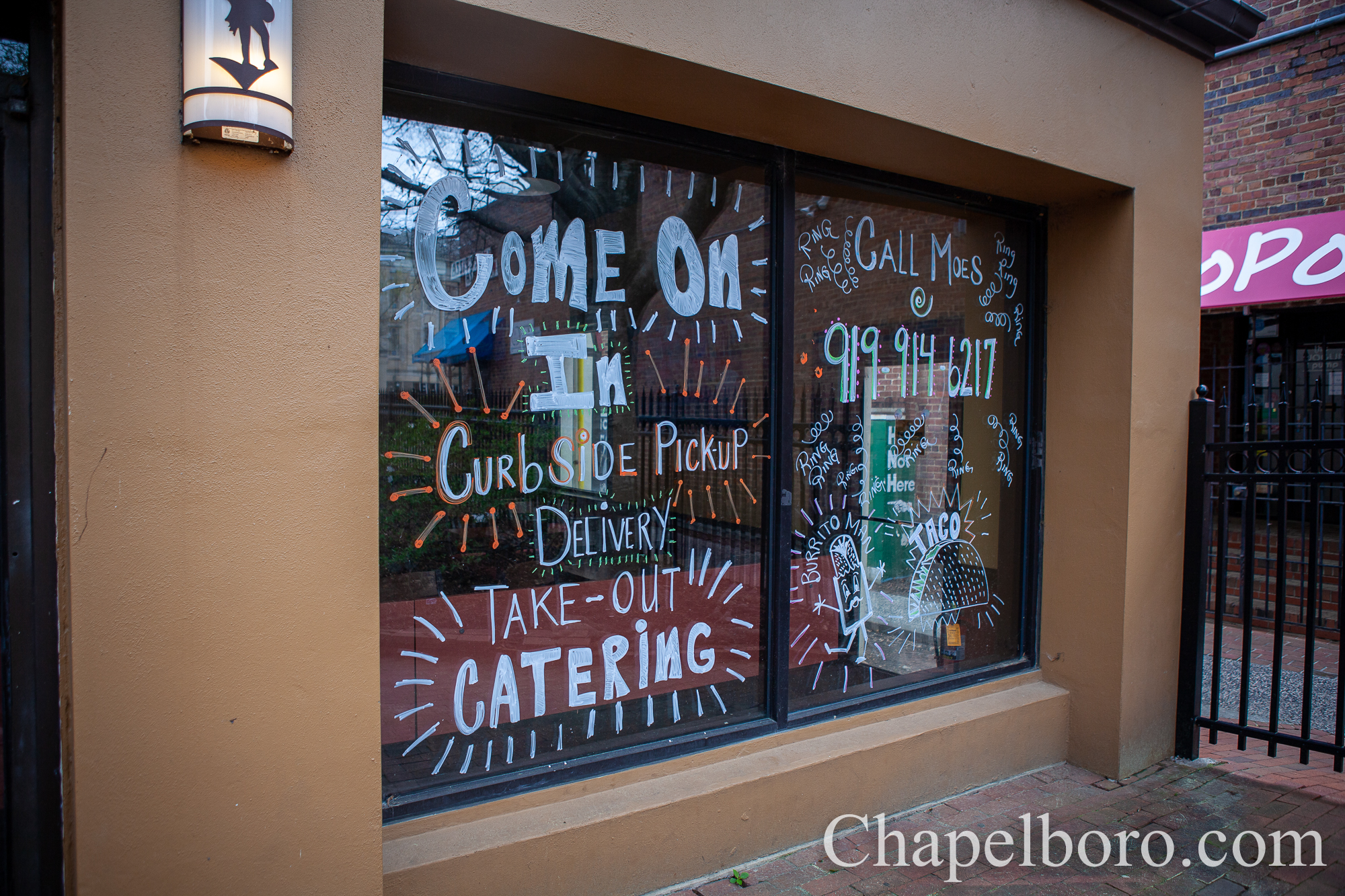
Workers at Moe’s Southwest Grill on Franklin Street in Chapel Hill painted the windows to let customers know that they are still open. Moe’s would later permanently close. (Dakota Moyer/Chapelboro.com)
The return of UNC students to Chapel Hill provided a brief spark to businesses in the local area. However, the ensuing COVID-19 outbreak on the university’s campus forced classes online and sent students home — a move that local business owners lamented.
“You’re kind of hoping that you see an increase in business, and then you do see one, and then they take it away,” said Kristian Bawcom, the owner of Four Corners on Franklin Street. “Again, at the end of the day, you kind of understand why they’re doing it and it’s 100 percent for safety purposes – but again you’re just kind of hoping now that it doesn’t hurt too much. Expectations I think for everyone on Franklin Street now are pretty dismal.”
Bret Oliverio, the owner of Sup Dogs, said the pandemic provided the “ultimate challenge” for businesses and restaurants located in a college town like Chapel Hill.
“I think this is the ultimate test of a business – and if we can survive the next four to six months, then we should be okay going forward because what could be worse than a pandemic to a restaurant – especially one located in a college town.”
Chapelboro.com does not charge subscription fees. You can support local journalism and our mission to serve the community. Contribute today – every single dollar matters.

